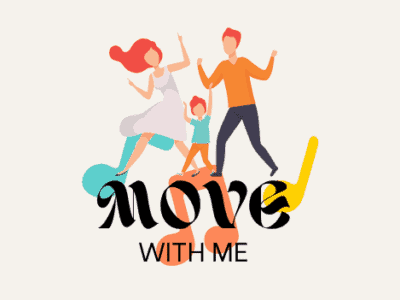
Move With Me!
January 10, 2026 – May 9, 2026
Ages Pre-K-2nd Grade, accompanied by at least one adult. Every second Saturday from Jan-May.
Join us at our new Education space at 23 W. Broad St., across the street from the November Theatre, for unique opportunities to explore, learn, and have fun.

Ages Pre-K-2nd Grade, accompanied by at least one adult. Every second Saturday from Jan-May.

Middle to High school students on Tuesdays and Thursdays from 6pm - 8pm. Limited to 6 participants!
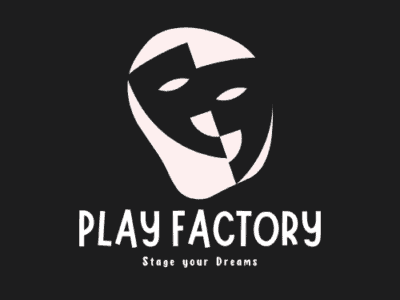
For 4th - 12th Grade. Tuesdays, Wednesdays and Thursdays from April 14th - May 7th, 6 pm- 8 pm
Virginia Rep is a nonprofit organization, and we strive to make our education programming as affordable as possible. Financial Assistance application is available by request. Contact Vivian Schwartz.
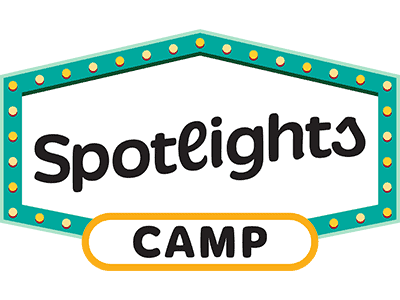
For rising 6th-12th graders. A specialized camp for performers looking to get a little deeper into the art of professional theatre. Campers will focus on building their audition package, honing their preparedness for dance calls, and marketing themselves professionally.
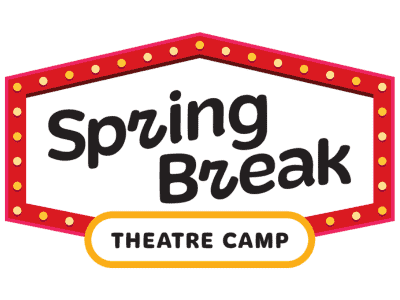
For current Kindergarten - 8th Graders. Each day includes drama, music, dance and a production craft.
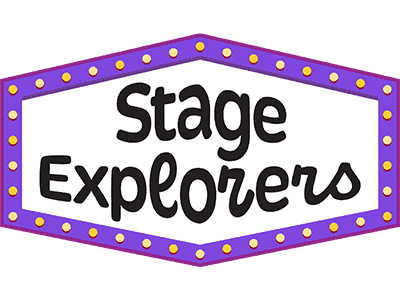
For rising 1st - 8th graders. Each day includes drama, music, dance and a production craft. Campers are divided into three groups by grade level (or age) for the majority of their activities, but come together in rehearsals for the showcase-style performance.
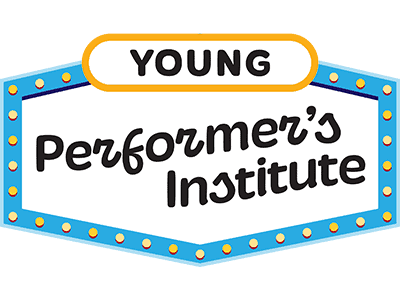
For rising 7th-12th graders. Each day, participants will rotate through performance courses, allowing students to connect with one another and their instructors to build a strong and dynamic ensemble.
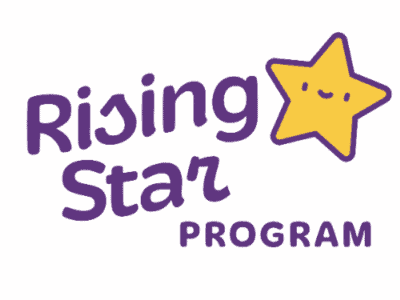
For Pre-K to first grade and parents. Students and parents will receive an introduction to performance and get to experience and explore their stage presence, playing with an ensemble, and taking direction from a Teaching Artist.
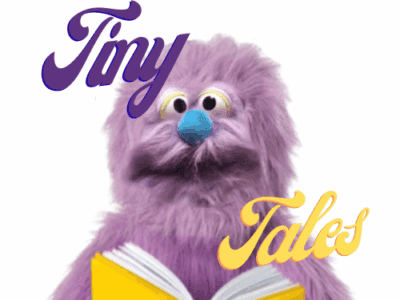
Children's stories come alive as students ages 3 - 8 delve into the imaginary worlds of their favorite books. Using age-appropriate creative drama, Virginia Rep teaching artists guide participants through an interactive and multi-sensory journey.
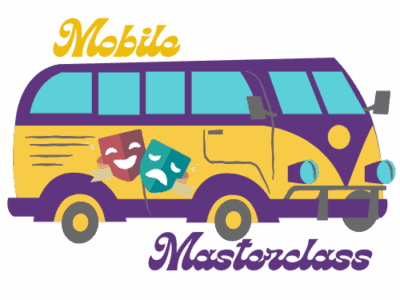
Customized theatre programs for elementary, middle and high schools. Bring a subject to life with tailor-made activities, games and take homes thematically linked to a topic of your choice.
Enjoy a blend of science and storytelling for young minds!
At the Science Museum of Virginia
Led by Virginia Rep’s education specialists, these interactive programs feature props, interpretive elements and characters.
Children five and younger and their caregivers are encouraged to explore STEM topics together by using their voice, body and imagination as tools. Virginia Rep will lead guests in story development and improv techniques to create memorable experiences filled with discovery.
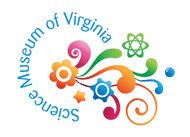 Early Explore is a partnership between Virginia Repertory Theater and the Science Museum. It offers performance-based programming for preschool-age students.
Early Explore is a partnership between Virginia Repertory Theater and the Science Museum. It offers performance-based programming for preschool-age students.
Cost is included with Science Museum admission
Directions and Parking